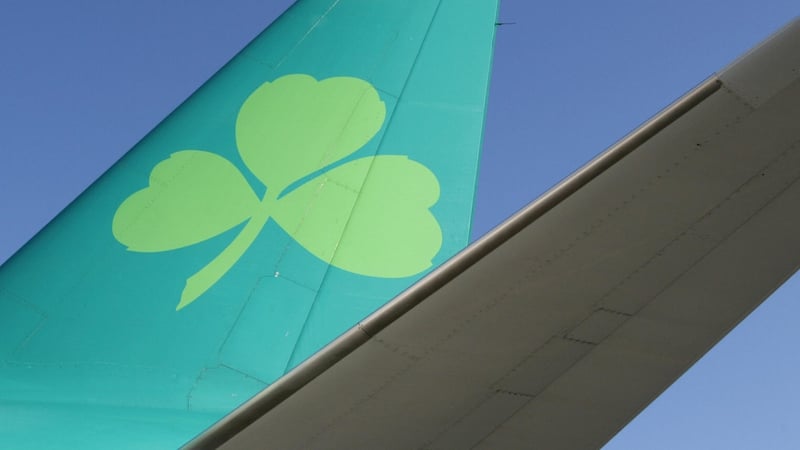Aer Lingus has reinstated its 2014 profit guidance, six weeks after a downgrade, saying that recent trading trends would help it meet its previous target after all.
The airline said it now expected 2014 operating profit to be at least in line with the €61.1m it made last year.
Following a strike by cabin crew in May, the company downgraded its forecast by 10-20%, saying the threat of further action had damaged bookings for the next few months.
Despite the impact of this industrial action, Aer Lingus today reported revenue of €697.2m for the first half of the year, a 6% increase on the 2013 figure.
However the airline also reported a €9.9m loss for the six month period, with costs rising almost 5% to €707.1m.
Aer Lingus said the first half of the year is traditionally a loss-making period for the business, but said the figure represented an improvement on the €16.4m loss reported in the same six months of 2013.
The airline said revenues rose on the back of an increase in passenger numbers, which were 1% higher at 4.6 million.
The average amount earned per seat was up 5.5% to €89.18, while load factor – the number of passengers carried compared to seats available – improved by more than half a percent.
This was despite a 5.3% increase in the airline’s capacity during the period.
The airline’s growth was driven primarily by Aer Lingus’ long-haul business, which saw a 24.1% rise in passenger numbers and an 8.8% increase in revenue per seat in the second quarter.
New long haul services – including services to San Francisco and Toronto – were also performing ahead of expectations, according to the airline.
Meanwhile, Aer Lingus said revenue at its short-haul was 1.8% higher in the second quarter despite what it described as a “tough environment”.
Speaking on RTÉ’s Morning Ireland, Aer Lingus chief executive Christoph Mueller described it as the "strongest" period of trading in the airline's history, despite the impact of the cabin crew dispute.
Mr Mueller said the industrial action had damaged bookings, but Aer Lingus had taken "swift and decisive" marketing action which had reversed a period of negative bookings, and that long haul had been very strong in particular.
He said they had expanded capacity on transatlantic routes by 25%, but that the European market was "getting more difficult" with "over capacity" in many areas.
Asked why he had decided to leave the airline next year he said "as the longest serving CEO of Aer Lingus since the 1980s" it was the right time to move one, but that he would continue his role as chairman in An Post.
